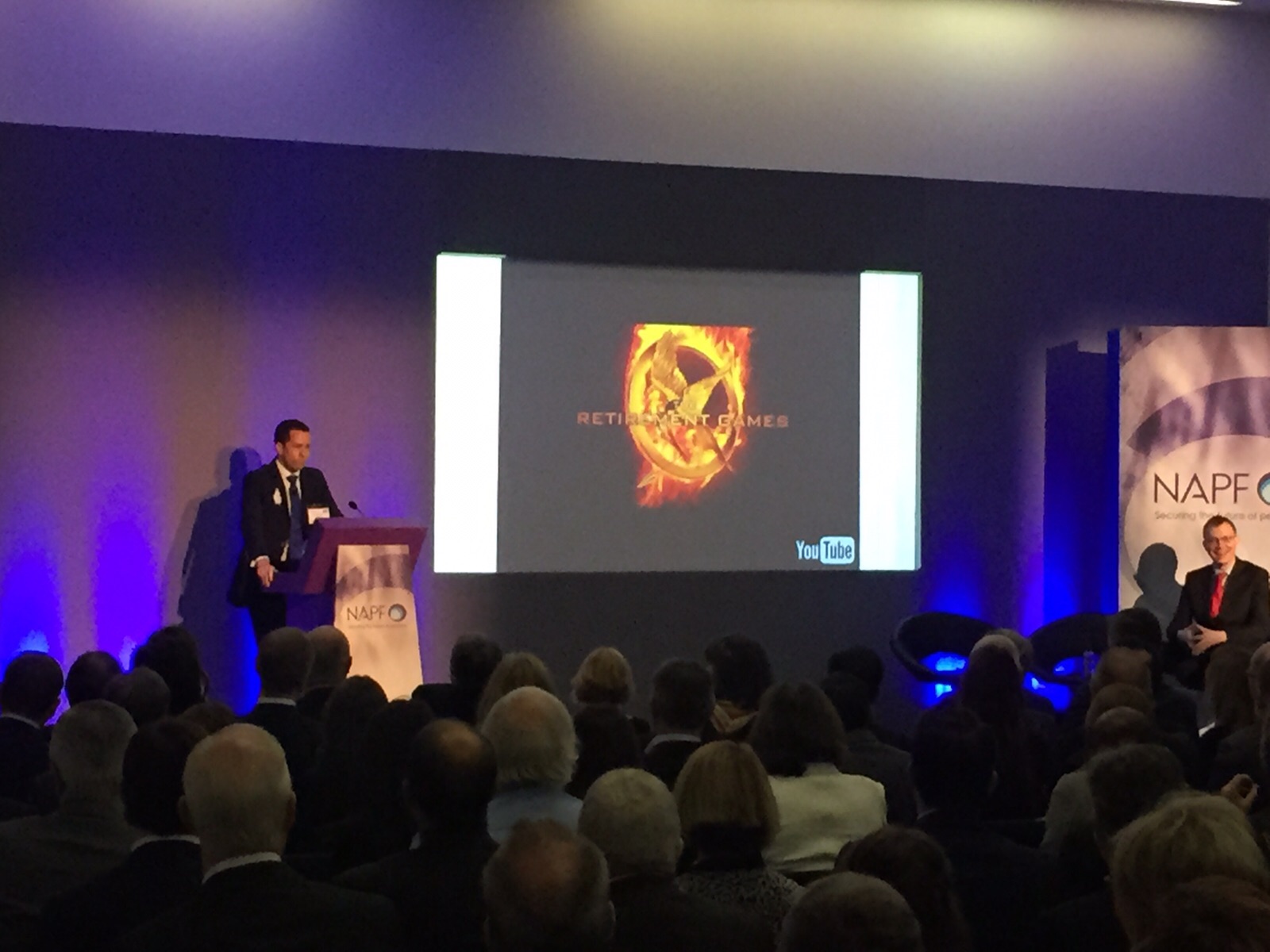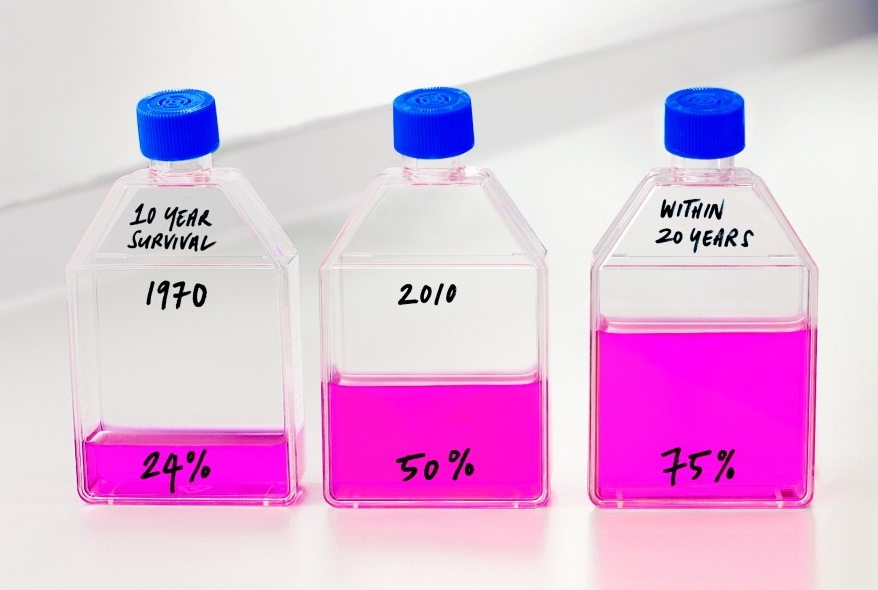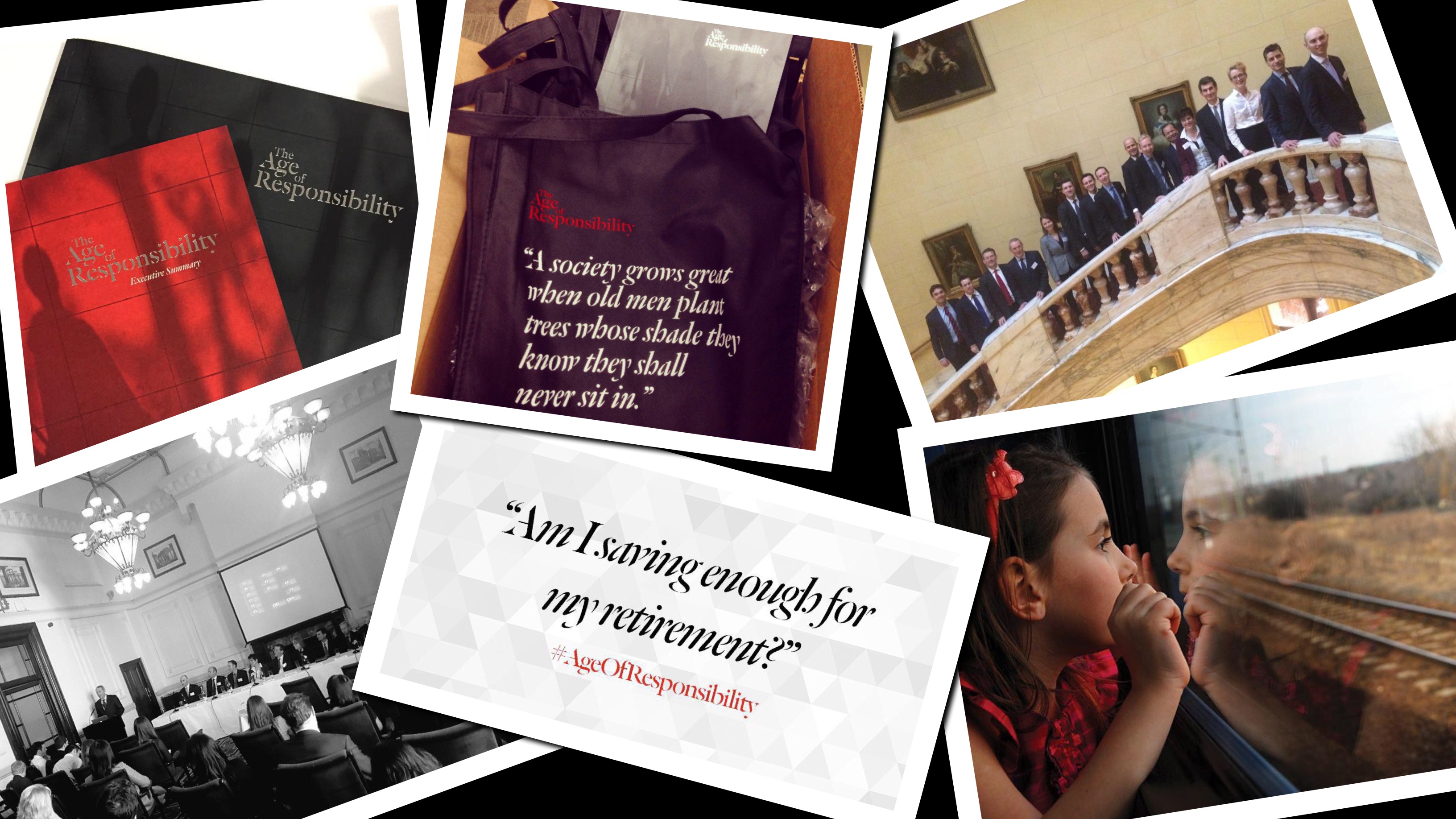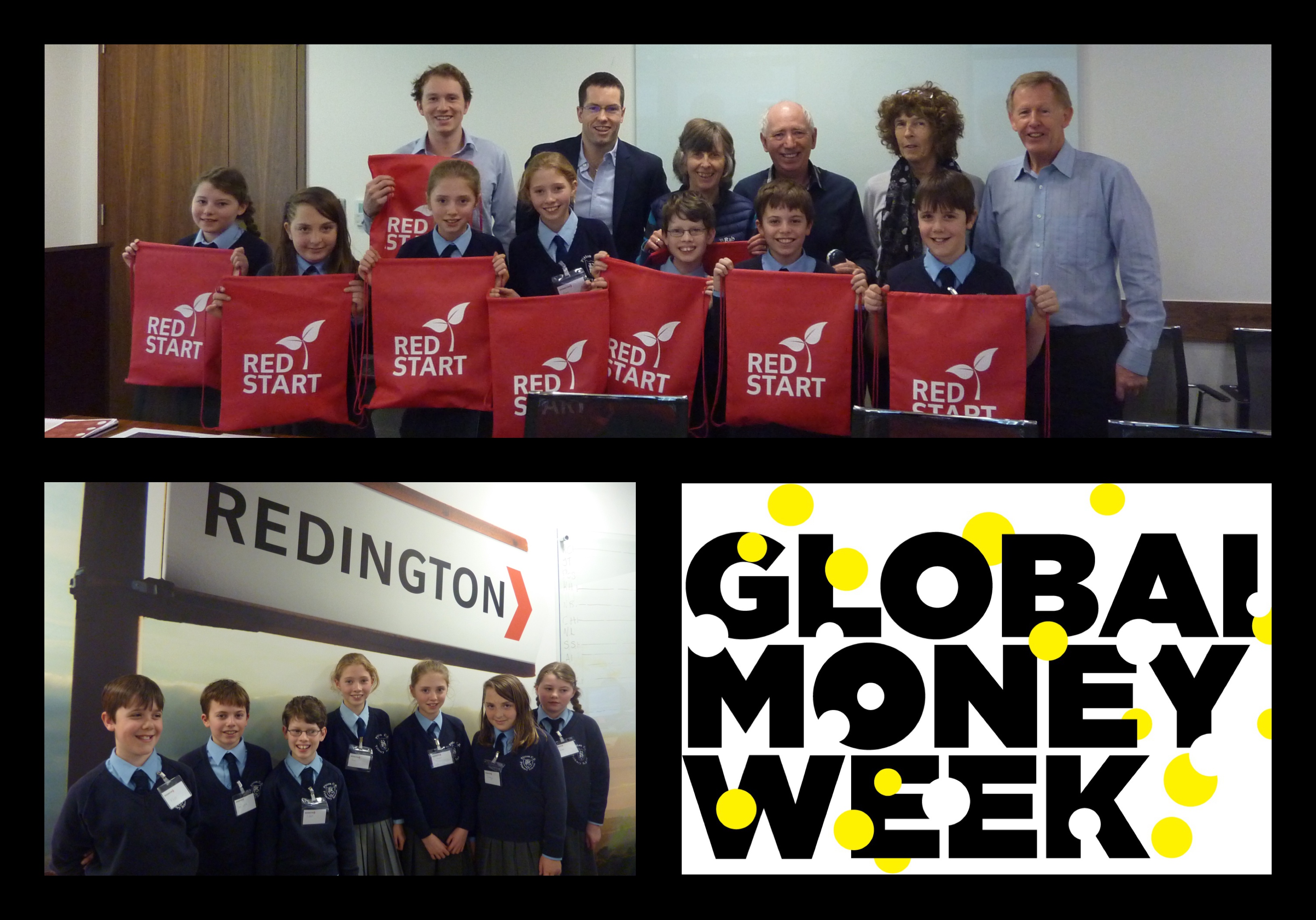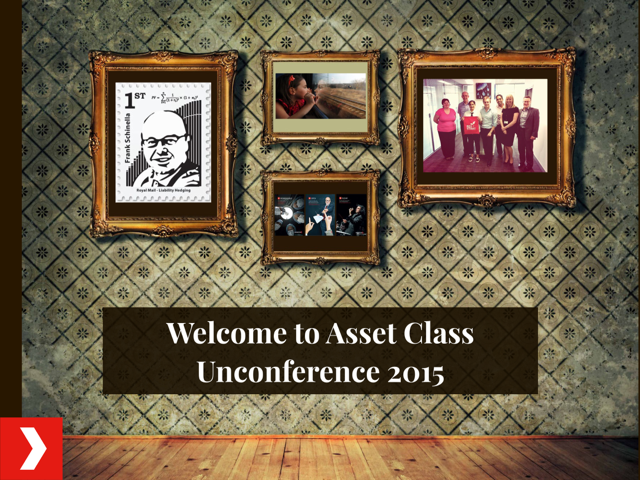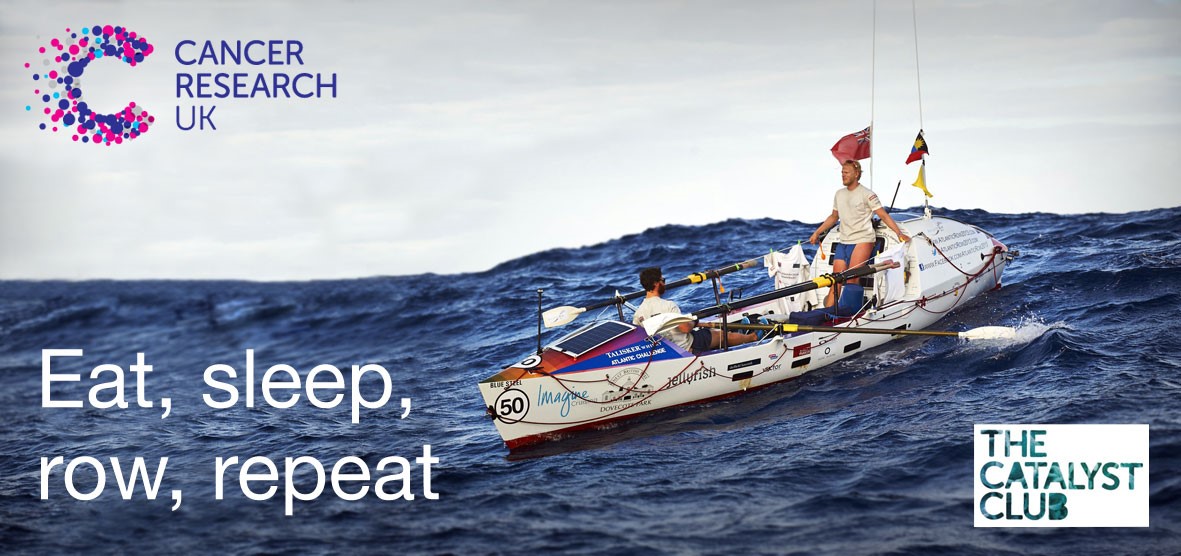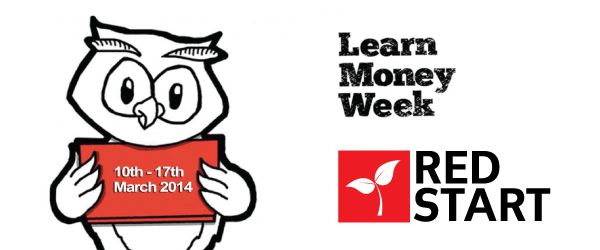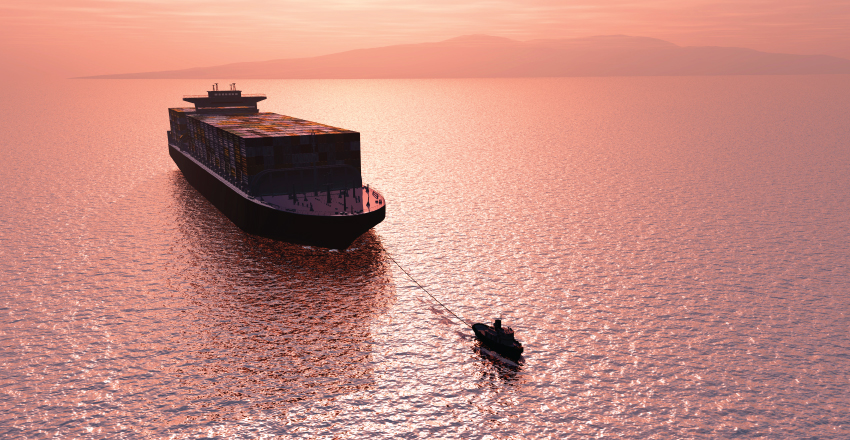Why are cancer rates rising?
How much do I need to save for my retirement?
Learn how to budget, save, invest and give back. Join us for Global Money Week
We are living through a paradigm shift in financial responsibility. Continue reading “Learn how to budget, save, invest and give back. Join us for Global Money Week”
Redington (Un) Conference – Unusual, unexpected, and unlike other conferences
Eat, Sleep, Row – The World’s Toughest Rowing race
For the past 2 and a half years I have been a Board Member for the Catalyst Club, a pioneering venture and major giving arm of Cancer Research UK, which is aiming to raise £10 million towards personalised cancer treatment.
Last week on Thursday 9th October, I held a very special evening which aimed to raise awareness towards this incredible cause, while also playing host to the epic story of how two ordinary and yet extraordinary guys, Dan Howie and Will North rowed across the Atlantic. Please click here to view the slides from the evening. This race is renowned as the ‘World’s Toughest Rowing race’, taking them on a 3,000 mile expedition from the Canary Islands to Antigua. The gruelling trip pushed the boys to their limits, but they completed the journey in an incredible 53 days. They were rowing in aid of 3 charities, one of them being the Catalyst Club. You can read more about their experience here on their official website and can visit their Virgin Money Giving page here.
The evening was about using this incredible story and achievement to raise awareness and money for the Catalyst Club. Sadly 1 in 3 of us will get diagnosed with Cancer. Which means every one of us will be affected by Cancer. This year I have lost two people to cancer, one of them was the lovely Hannah Foxley, who has spoken with me at previous Catalyst Club events. Hannah was an incredible and inspirational lady. Aged 33 she was diagnosed with breast cancer. After bouts of brutal chemo and radiotherapy, she had a mastectomy. When I met her two years ago on an entrepreneur’s course she appeared to have beaten cancer. On this course we quickly became friends with our shared passion for pensions and financial education. However sadly in February I got a call from her telling me she wouldn’t be able to join part of the course as she had kidney pains and had gone into hospital. Sadly the cancer had come back and spread all over her body and in May she passed away, aged 36.
The good news is since I have been involved with the Catalyst Club, there has been a positive shift in the outlook and language used to address cancer, which is leading to the belief that we will one day win the fight against cancer. In 1970 if you were diagnosed with cancer the chance of survival was 1 in 4. Today this has improved to 1 in 2 and within 20 years this will be 3 in 4.
The reason I support the Catalyst Club is because I can clearly see the huge impact it is having on shaping the future of cancer research, and the unique way this research is acting as step change towards influencing companies and government bodies to build upon these findings and independently choose to lend their support and funding towards personalised medicine.
What difference is this research making?
The recent explosion in the understanding of the genetic nature of cancer, accompanied by technological advances, has opened up the possibility of smarter, kinder, and more personalised treatments. Thanks to the initiatives and research funded by Catalyst Club members, they are able to make this vision a reality for people with cancer.
The Catalyst Club is supporting a team of scientists who are mapping the oesophageal cancer landscape as part of a worldwide initiative called the International Cancer Genome Consortium (ICGC). The ICGC’s goal is to carry out the first ever large scale genetic sequencing into oesophageal cancer, highlighting the genes that are driving the development of the disease and directing future research. This world first in collaboration and research will change the future of how we perceive oesophageal and other types of cancer, all of which would not be possible without the generous investment from the Catalyst Club supporters.
As well as enabling pioneering research, the Catalyst Club has been influential in leveraging £16.4 million of further investment into genetic testing from pharmaceutical and diagnostics industries, as well as the Government-funded Technology Strategy Board. These organisations wouldn’t have been able to execute this research on this scale within the UK, without the foundations which have been laid by the Catalyst Club. Cancer Research UK is a very highly regarded medical research charity and has been able to use their social capital within the NHS to ensure high standards of delivery are achieved; making sure efficient and effective genetic testing is possible for patients on a local and national scale.
These two examples clearly show how the Catalyst Club’s funding and influence is helping to transform the future of cancer research not only in the UK, but across the globe.
You may be thinking, what has all this got to do with rowing the Atlantic?
Two years ago I met Will at a Catalyst Club event, where he was fundraising towards the trip. This idea of rowing the Atlantic seemed impossible to most of us in the room, but as we can see it can be done! It is this mentality which inspired the idea to hold the event last Thursday, as it is my belief that in the same way, beating cancer is also within reach and can be done. Today, figuratively speaking we are about halfway across the Atlantic. However if we have the right people, with the right equipment and the right preparation, we can make it.
Your support can significantly bring forward the day we cure cancer. On a fundraising note, the Catalyst club has raised £5.6m to date, through minimum donations of £100,000 pledged by its supporters. Many of you emailed me prior to the event asking “can I join this evening as I am not sure I am your target audience”. All I can say is every one of us has social capital which help, and by this I mean we might know someone, for whom this might resonate with or we may work for a firm with a charitable foundation which may have the means or aims to help. If this is the case please do not hesitate to get in touch with the team. You can reach them by emailing thecatalystclub@cancer.org.uk or by calling Lindsay on 0203 469 8129.

